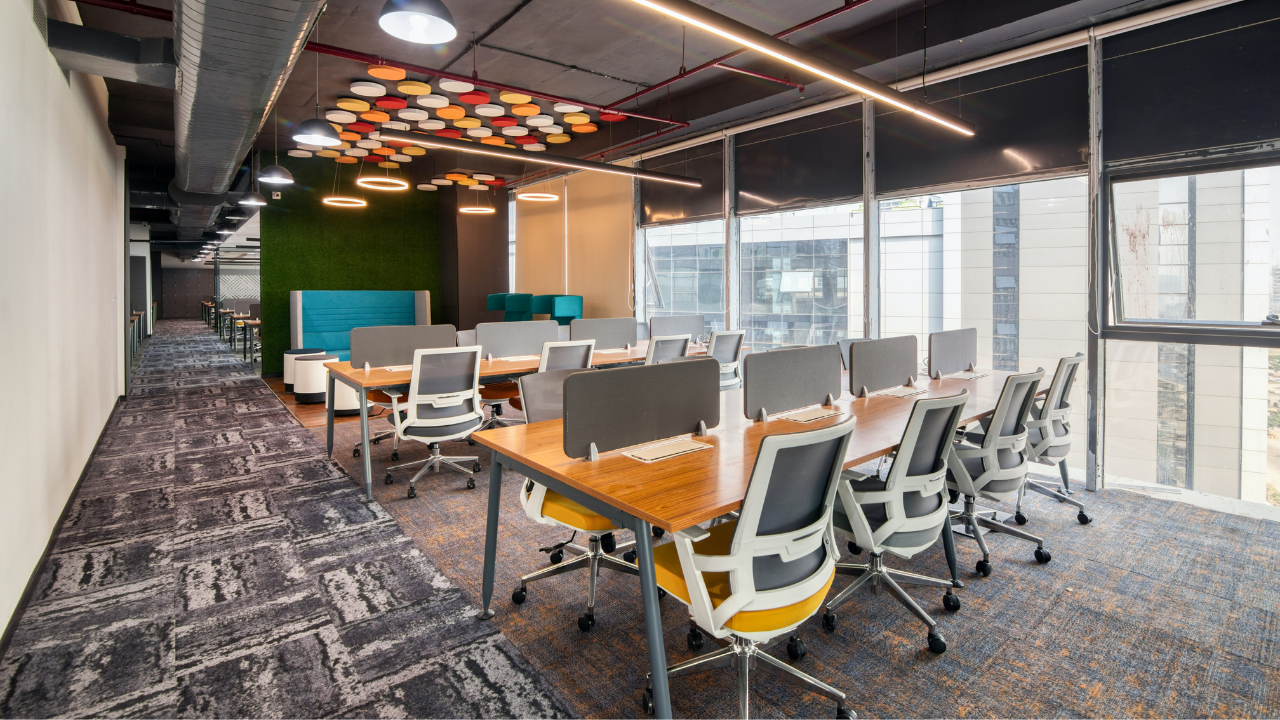In March, many countries around the world entered some form of lockdown or restrictions in order to mitigate the spread of COVID-19. This led companies to close their offices and shift their workforce to remote working positions.
Coworking spaces that were once buzzing with collaboration and creativity had become ghost towns, and operators were forced to plan their next big move.
Despite coworking companies seeing a 50% drop in footfalls in India, the industry may be on the cusp of making a comeback. Now, major organizations are looking into adopting flexible workspaces in lieu of their lavish, expensive offices.
The industry’s attempt to become a reliable work alternative could line up well with the “work from anywhere” trend that will likely emerge after the pandemic has ended.
Flexible offices are expected to be the ideal choice for corporations looking to de-densify their main offices, cut down on overhead costs and provide employees with more say in when and where they work.
“The company can help businesses and educational institutions de-densify their spaces,” said Karan Virwani, CEO of WeWork India. “Corporate clients contribute around 65-70% of the business and it will remain so going forward.”
However, this transition will have to come with major adjustments to the normal flexible office model.
These spaces are known for being dense, with occupants sharing amenities. Instead, operators will need to emphasize the importance of distancing, sanitation and cleanliness, all while nurturing community and collaboration.

 Dr. Gleb Tsipursky – The Office Whisperer
Dr. Gleb Tsipursky – The Office Whisperer Cat Johnson – Coworking Marketing Maven
Cat Johnson – Coworking Marketing Maven Angela Howard – Culture Expert
Angela Howard – Culture Expert Drew Jones – Design & Innovation
Drew Jones – Design & Innovation Andrea Pirrotti-Dranchak – Competitive Advantage
Andrea Pirrotti-Dranchak – Competitive Advantage Jonathan Price – CRE & Flex Expert
Jonathan Price – CRE & Flex Expert Jeremy Fennema – Tech Innovation Alchemist
Jeremy Fennema – Tech Innovation Alchemist







